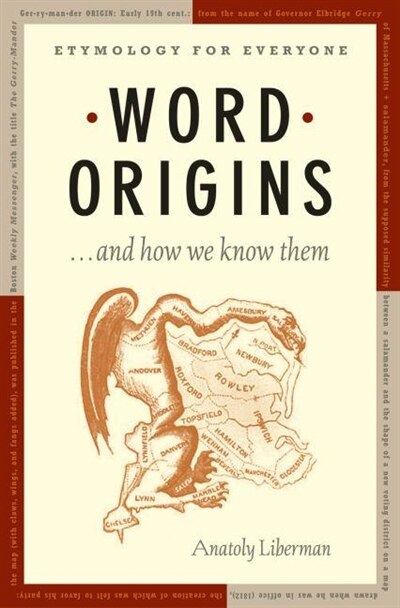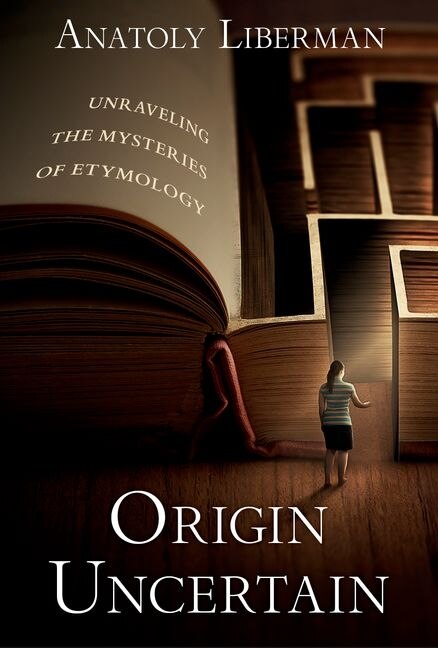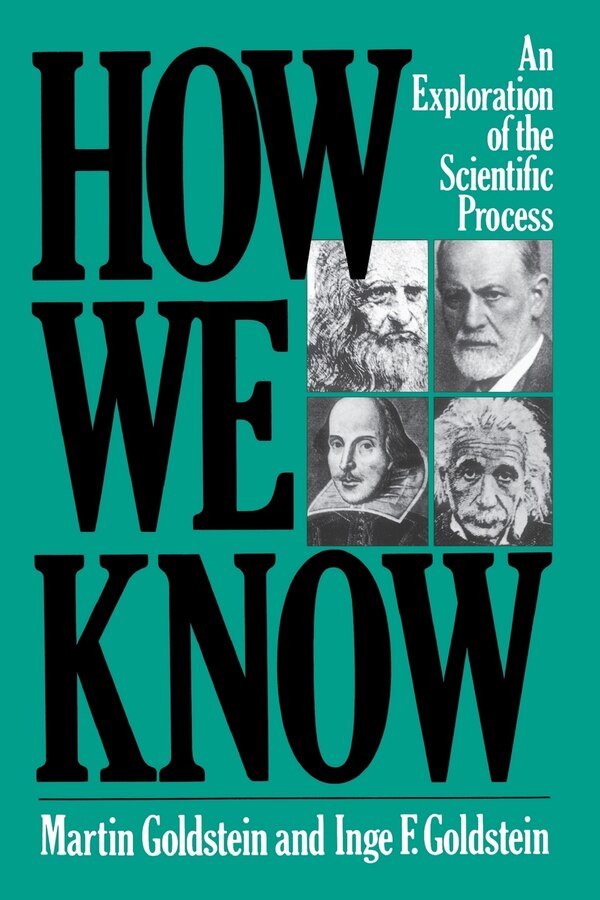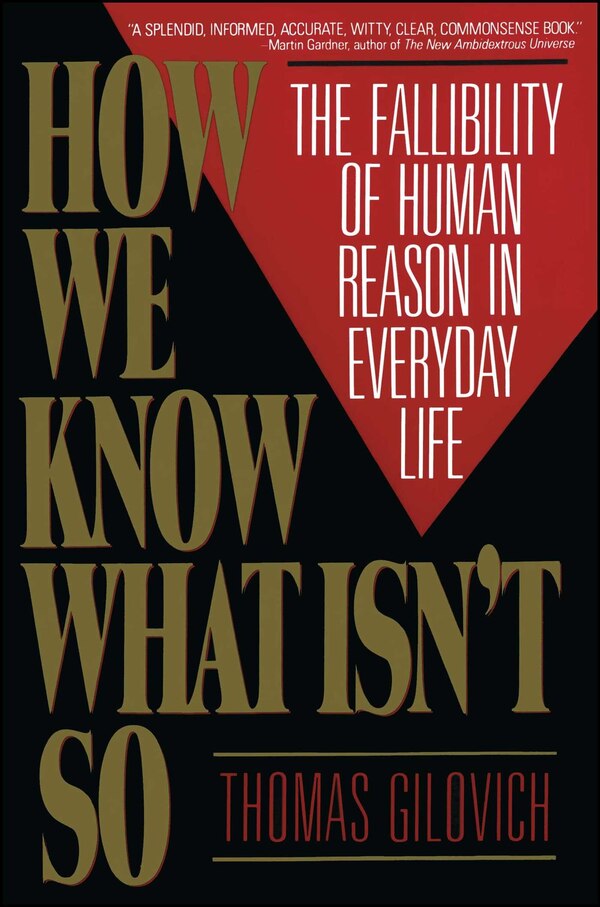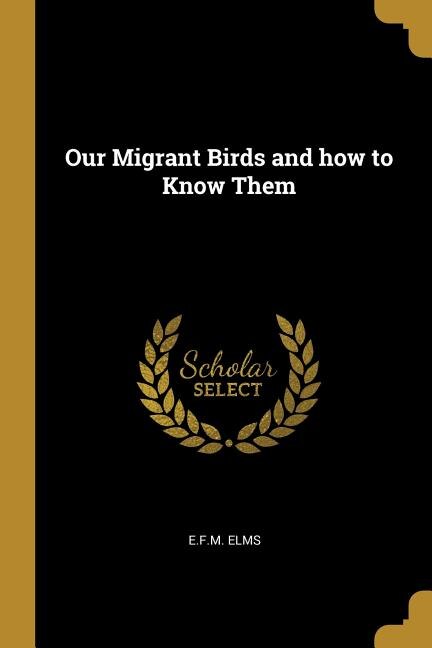Home
Word Origins And How We Know Them by Anatoly Liberman, Paperback | Indigo Chapters
Loading Inventory...
Indigo
Word Origins And How We Know Them by Anatoly Liberman, Paperback | Indigo Chapters
From Anatoly Liberman
Current price: $28.09
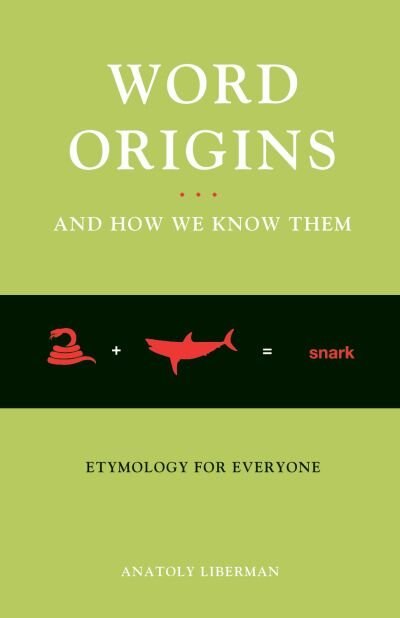

Indigo
Word Origins And How We Know Them by Anatoly Liberman, Paperback | Indigo Chapters
From Anatoly Liberman
Current price: $28.09
Loading Inventory...
Size: 1 x 8.2 x 427
*Product information may vary - to confirm product availability, pricing, shipping and return information please contact Indigo
If you've ever read the history of a word like "silly" and wondered how the author knew that it meant "blessed" in the eleventh century, this is the book for you. Written in a funny, charming, and conversational style, Word Origins is the first book to offer a thorough investigation of thehistory and the science of etymology, making this little-known field accessible to everyone interested in the history of words. Anatoly Liberman, an internationally acclaimed etymologist, takes the reader by the hand and explains the many ways that English words can be made, and the many ways in which etymologists try to unearth the origins of words. Every chapter is packed with dozens of examples of proven word histories, used to illustrate the correct ways to trace the origins of words - as well as some of the egregiously bad ways to trace them. He not only tells the known origins of hundreds of words, but also shows how their origins were determined. And along the way, the reader is treated to a wealth offascinating word facts. Did they once have "bells" in a "belfry"? No, the original meaning of "belfry" was "siege tower." Are the words "isle" and "island," "raven" and "ravenous," or "pan" and "pantry" related etymologically? No, though they look strikingly similar, these words came to English viadifferent routes."Millions of people want to know the origin of the words they use. Word columns in daily newspapers and numerous books attempt to satisfy their curiosity. Word histories are usually digested like pills: the user is interested in getting well, not in the chemistry of the prescribed medication. Thosewho send letters to the Editor also want a straight answer without bothering about how "editors" come by their knowledge. Therefore, they fail to realize that etymologies are seldom definitive and that the science of etymology is intensely interesting. Perhaps if someone explained to them that, compared to the drama of words, Hamlet is a light farce, they might develop a more informed attitude toward philological research and become students of historical linguistics rather than gullible consumers of journalists' pap." -Anatoly LibermanPartly a history, partly a how-to, and completely entertaining, Word Origins invites readers behind the scenes to watch an etymologist at work. | Word Origins And How We Know Them by Anatoly Liberman, Paperback | Indigo Chapters

